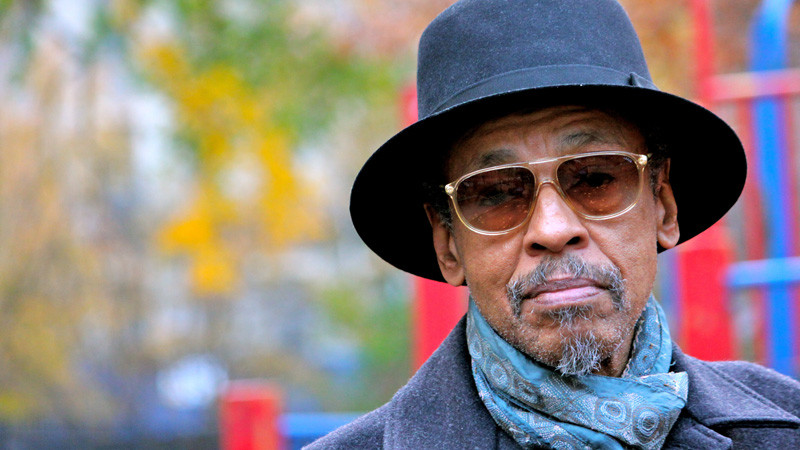As a young musician coming up in Chicago’s vibrant mid-1960s arts scene, Henry Threadgill helped found the Association for the Advancement of Creative Musicians, or AACM, a forward-thinking collective that embraced a vast continuum of black music. He’s been a creative force ever since, a dauntingly prolific composer and bandleader whose output is far too vast and varied to summarize.
In a rare Bay Area appearance, Threadgill kicks off Yerba Buena Center for the Arts’ New Frequencies Fest on Thursday, Feb. 5, with the West Coast debut of Double Up, a new ensemble he created to perform his homage to a kindred spirit in musical exploration, the late Lawrence D. “Butch” Morris. In keeping with Threadgill’s longtime use of unusual instrumentation, Double Up features pianist David Virelles, alto saxophonists Curtis Macdonald and Roman Filiu, drummer Craig Weinrib, tuba player Jose Davila, and cellist Christopher Hoffman.
While Threadgill himself is a formidable alto saxophonist and flutist, he doesn’t play in the new band. He’s quick to point out that he’s not using Double Up as a vehicle for “conduction,” a semaphoric system of graphics and gestures that Morris devised to spontaneously steer an improvising ensemble. Rather, Threadgill sees himself as the musical director who can step in to provide guidance as necessary.
“I keep track of things in case I might need to respond in the moment, but I’m not doing a conduction,” says Threadgill, now 70. “Butch and I didn’t do the same thing, but we shared a lot of the same aesthetics. We had a real natural kind of relationship and hit off from the very beginning. We lived in the same neighborhood, so it was easy to have a coffee together and discuss musical issues or anything.”
Pianist Myra Melford, a professor of music at UC Berkeley, a YBCA artist-in-residence and the New Frequencies Fest curator, studied with Threadgill when she moved to New York in the mid-1980s, and still considers him a primary influence. “Ninety percent of the way I compose comes from the instruction I got from Henry years ago,” she says. “I gradually realized that many of his ideas aren’t unique to him, but because he’s self-taught and came to them on his own, they’re filtered through the AACM sensibility of experimentation and making it your own.”


